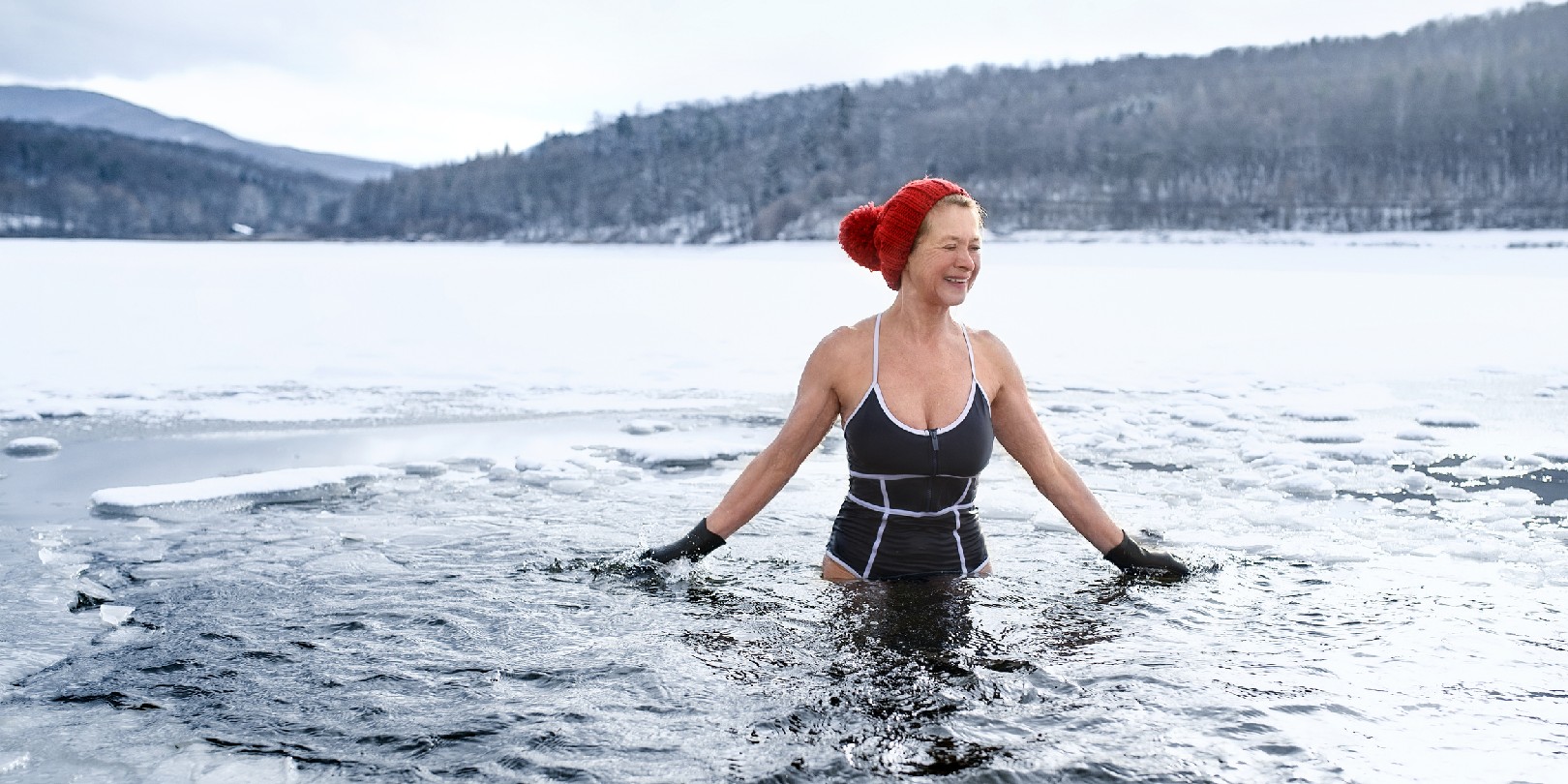Benefits of Swimming in Cold Water: Why an Icy Dip Might Be Good for Your Health

If you’ve ever gone for a dip in cold water, you know it can be an exhilarating experience. Studies have shown that swimming in cold water has numerous health benefits, from increasing your metabolism to improving your circulation. In this post, we’ll explore the benefits of swimming in cold water, why it’s good for your health, and how it can give you an edge when you’re exercising.
We’ll also discuss how cold water swimming can help you in areas like mental health and recovery, and how it can help you to feel more energized and refreshed. By the end, you’ll have a better understanding of how swimming in cold water can be beneficial to your overall health.
What Is the Therapeutic Effect?
Swimming in cold water is a unique and invigorating activity that offers several therapeutic benefits. When you swim in cold water, your body experiences a significant drop in temperature. This triggers various physiological responses that can have therapeutic effects on your body, such as increased circulation, improved immune function, and heightened metabolic activity.
Supporting Medical Studies
Multiple scientific studies have supported the therapeutic benefits of swimming in cold water. For example, a study published in the International Journal of Circumpolar Health found that winter swimmers had a stronger immune response compared to non-swimmers, indicating a potential immune-boosting effect of cold water swimming. Another study published in the American Journal of Physiology showed that cold water immersion increased metabolic activity and energy expenditure, suggesting that it can help improve metabolism and increase energy levels.
Health Benefits of Swimming in Cold Water
Strengthens Immune System
Cold-water swimming has been shown to strengthen the immune system, which is essential for maintaining overall health and well-being. Cold water stimulates the production of white blood cells, which are responsible for fighting off infections and diseases.
Increases Cell Rejuvenation
This type of swimming also promotes cell rejuvenation. Cold water exposure stimulates the production of heat shock proteins, which are responsible for repairing damaged cells and promoting their regeneration. This can lead to improved cellular health and better immune function.
Improves Blood Flow
Swimming in cold water can help improve blood flow throughout the body. The cold water constricts blood vessels, which forces the heart to pump harder to circulate blood to vital organs and muscles. This increased cardiovascular activity can help strengthen the heart muscles and improve overall cardiovascular health.
Strengthens Heart Muscles
The increased cardiovascular activity during cold water swimming can also help strengthen the heart muscles. Like any muscle, the heart needs regular exercise to stay strong and healthy. Cold water swimming provides a unique form of cardiovascular exercise that challenges the heart and can lead to improved heart muscle strength and function.
Boosts Metabolism
Cold-water swimming has been shown to boost the body’s metabolism, which is how the body converts food into energy. Cold water exposure activates the body’s thermoregulatory response, causing an increase in metabolic rate to generate more heat and maintain body temperature. This increased activity can give you a nice metabolic boost at the beginning of the day.
Increases Energy Levels
The enhanced metabolism from cold water swimming can also lead to increased energy levels. As the body’s metabolic rate increases, it burns more calories, which can result in higher energy levels and increased vitality. Cold water swimming can be a refreshing way to start your day and leave you feeling energized and refreshed.
Improves Sleep
Cold-water swimming has also been found to improve sleep quality. The combination of cold water exposure and physical exercise can help regulate the body’s circadian rhythm, essential for maintaining a healthy sleep-wake cycle. Cold water swimming can also promote relaxation and reduce stress, which can further improve sleep quality.
Conclusion
Swimming in cold water can offer a wide range of health benefits, including improved immune system function, increased cardiovascular activity, enhanced metabolism, improved sleep quality, and reduced stress levels. Further, a wonderful benefit of swimming is that it can help improve your strength and endurance. When it comes to cold water swimming, wearing appropriate gear such as wetsuits and thermal base layers can make the experience more enjoyable and safe. So, why not take the plunge and experience the invigorating health benefits of swimming in cold water for yourself?